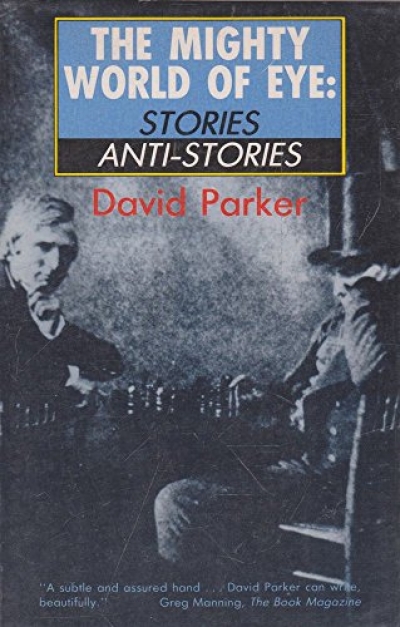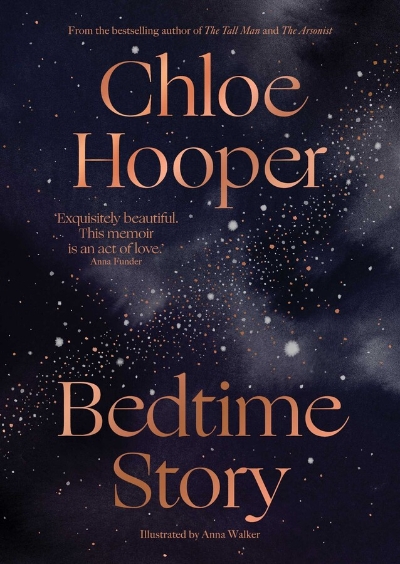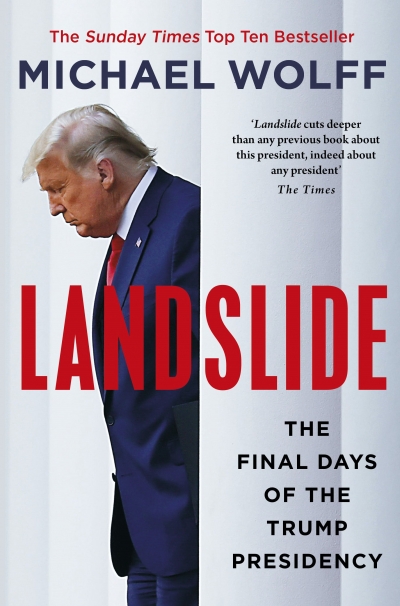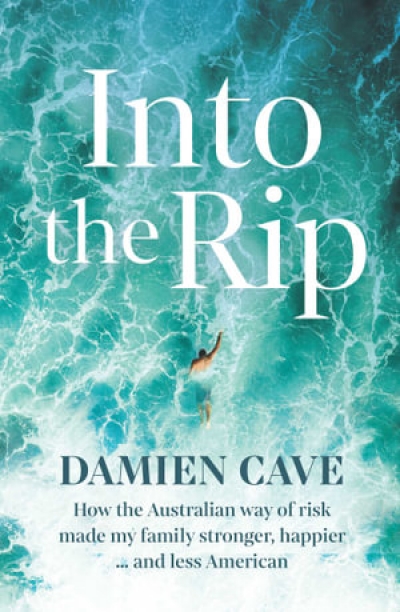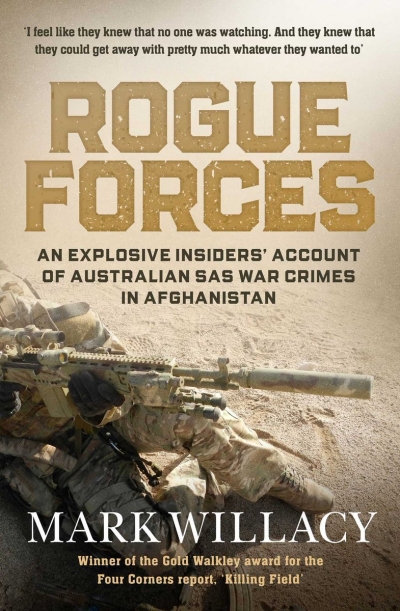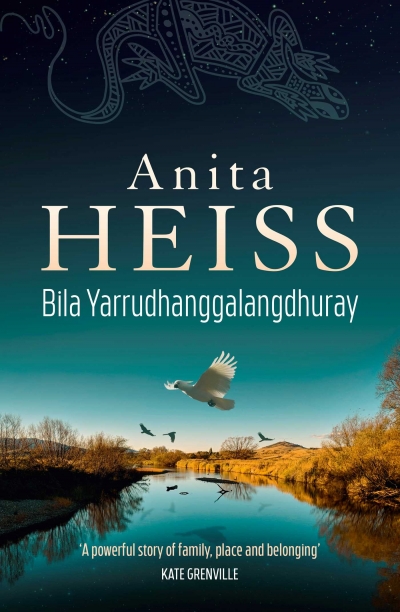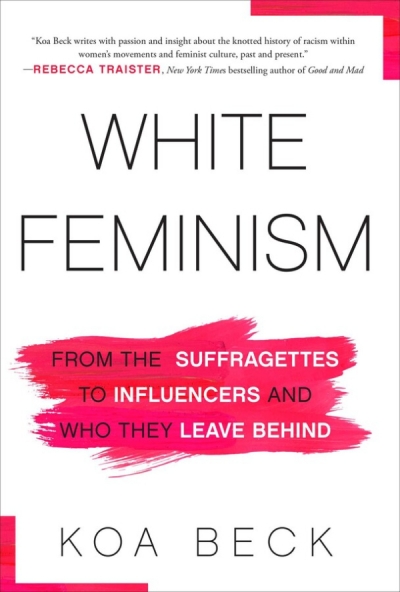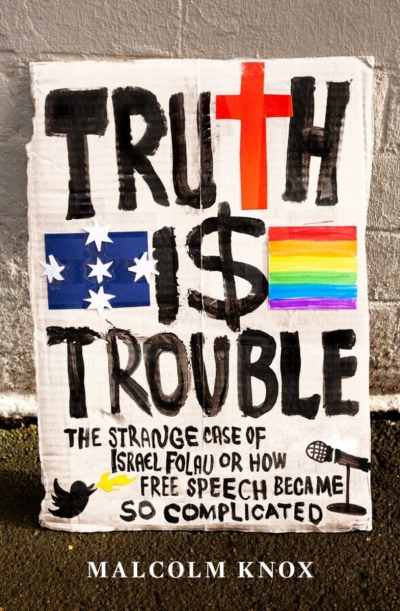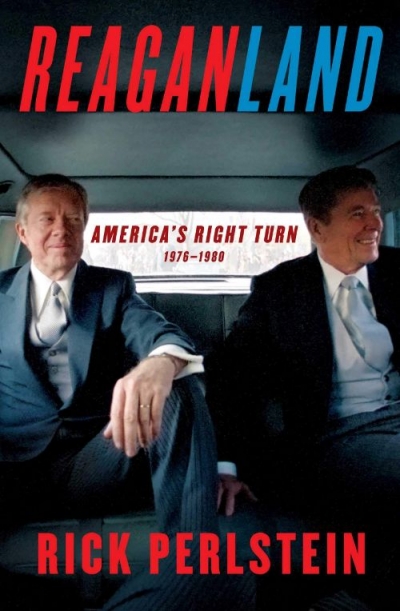Simon & Schuster
The Mighty World of Eye: Stories/Anti-Stories by David Parker
by Wenche Ommundsen •
Landslide by Michael Wolff & Peril by Bob Woodward and Robert Costa
by Timothy J. Lynch •
Into the Rip: How the Australian way of risk made my family stronger, happier … and less American by Damien Cave
by David Mason •
Rogue Forces: An explosive insiders’ account of Australian SAS war crimes in Afghanistan by Mark Willacy
by Kevin Foster •
Three recent novels by Australian women deal with current and increasingly urgent political questions about female identity and embodiment. They each use the conventions of popular realist fiction to provoke thought about the causes of female disempowerment and the struggle for self-determination. Coincidentally, they are also set, or partially set, in Australian country towns, although their locations are markedly different, and their plots culminate in the revelation of disturbing secrets.
... (read more)White Feminism: From the suffragettes to influencers and who they leave behind by Koa Beck
by Megan Clement •
Truth Is Trouble: The strange case of Israel Folau or how free speech became so complicated by Malcolm Knox
by Andrew West •
Reaganland: America’s right turn 1976–1980 by Rick Perlstein
by Andrew Broertjes •

